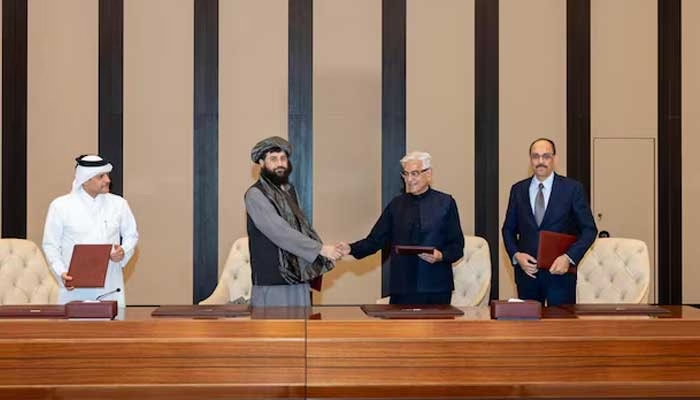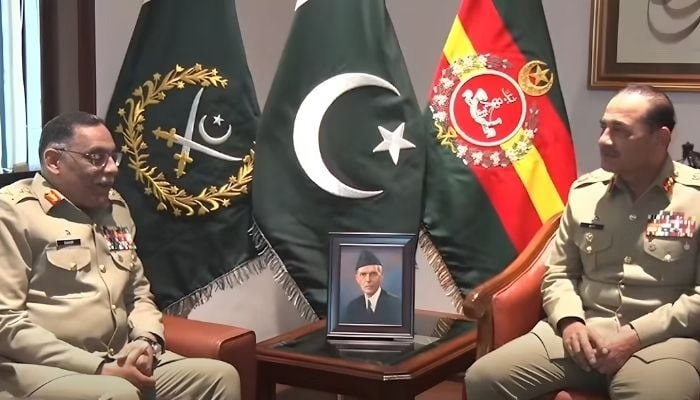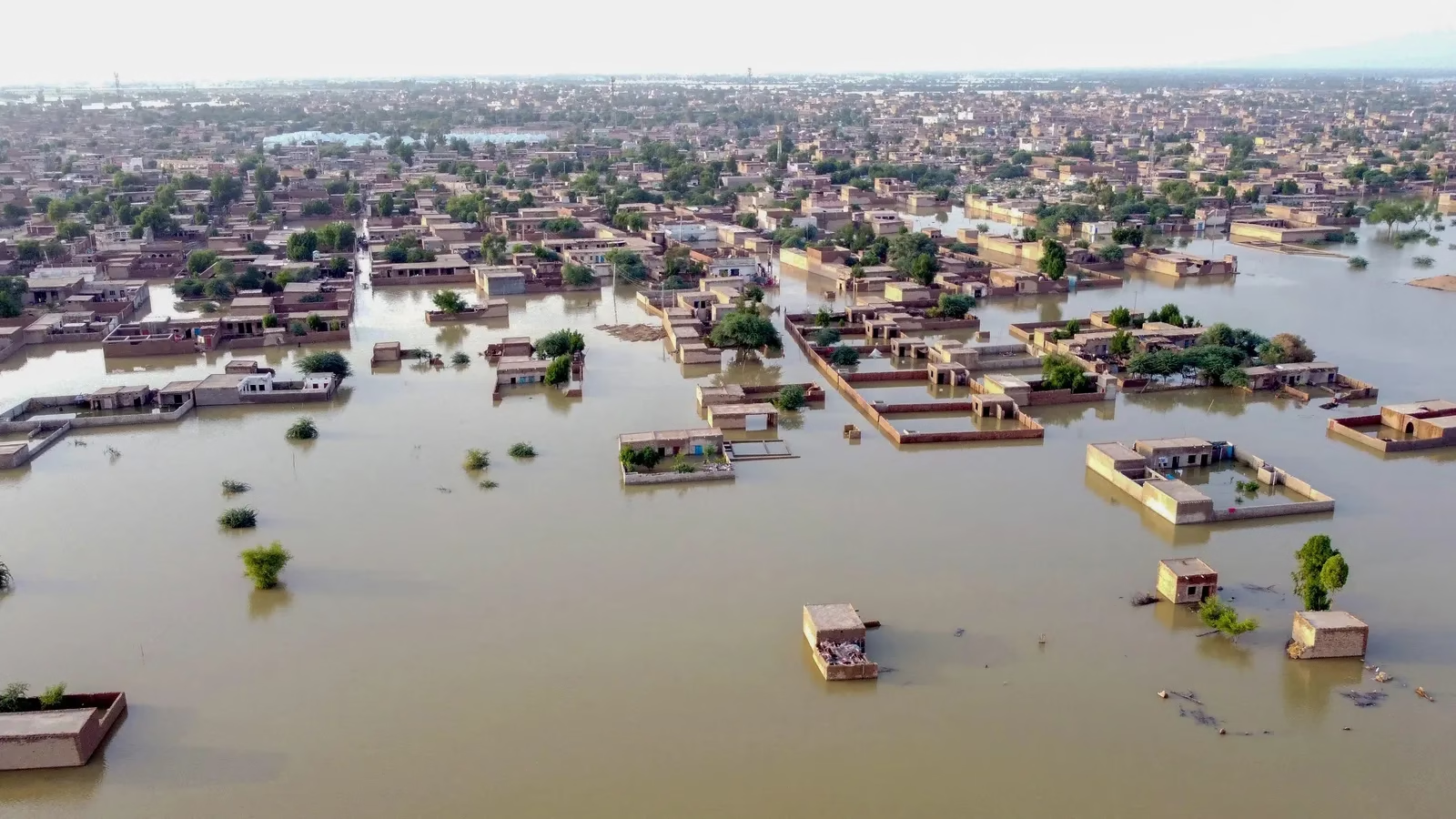The ongoing Pakistan and Afghan Taliban talks in Turkiye have once again drawn global attention, as both nations attempt to ease escalating tensions following a series of deadly border clashes. After two inconclusive rounds, Islamabad and the Taliban representatives met in Istanbul for their third session, hoping to establish peace, cooperation, and security along the volatile border region.
Background of the Talks
The third round of Pakistan and Afghan Taliban talks in Turkiye comes amid rising hostilities between the two sides. Earlier this month, unprovoked firing and militant attacks from across the border led to intense military responses from Pakistan. These incidents caused the deaths of several soldiers and militants, further straining relations between the neighboring countries.
Following the clashes, Pakistan carried out precision strikes in Afghanistan’s Kandahar province and Kabul, destroying multiple terrorist hideouts. Islamabad emphasized that these actions were defensive and targeted only those groups involved in attacks on Pakistani soil.
Pakistan’s Demands and Stance
During the talks, Pakistan reiterated its firm stance that Afghan territory should not be used for terrorist activities against Pakistan. Islamabad urged the Taliban regime to end its patronage of the Tehreek-e-Taliban Pakistan (TTP), a banned militant outfit responsible for numerous attacks inside Pakistan.
Officials participating in the Pakistan and Afghan Taliban talks in Turkiye emphasized that genuine peace and stability could only be achieved if the Taliban stopped providing safe havens to TTP militants. Pakistan made it clear that any tolerance or shelter for such groups would not be acceptable.
According to sources, Pakistani representatives also raised concerns over the Taliban regime allegedly acting as a proxy for India’s regional interests, which Islamabad sees as a major obstacle to mutual trust and cooperation.
Role of Mediators
The ongoing Pakistan and Afghan Taliban talks in Turkiye are being supported by mediating nations, including Turkiye and Qatar. These countries have played a crucial role in bringing both sides to the table and facilitating communication despite political and ideological differences.
Sources revealed that Turkiye has been actively trying to bridge the gap by helping the Taliban delegation understand the evidence and gravity of Pakistan’s concerns. Despite these efforts, progress remains slow due to what Pakistani security officials describe as the Taliban’s inflexibility and detachment from ground realities.
Military and Human Costs
The recent border violence has been costly for both sides. Pakistan’s security forces repelled multiple attacks, killing over 200 Taliban and affiliated militants. However, 23 Pakistani soldiers were also martyred in the clashes.
In response to the hostilities, Pakistan temporarily closed its border crossings with Afghanistan, prioritizing the safety of its citizens over trade and transportation. This decision underscored the seriousness of the situation and Pakistan’s firm resolve to protect its territorial sovereignty.
Challenges Ahead
One of the biggest challenges facing the Pakistan and Afghan Taliban talks in Turkiye is the Taliban’s unwillingness to take concrete action against militant groups operating within Afghanistan. Security officials have expressed concern that the Taliban leadership’s arguments during negotiations are “illogical” and fail to reflect the realities on the ground.
The lack of trust between the two sides has also complicated efforts to achieve lasting peace. While Pakistan insists on accountability and tangible measures, the Taliban have remained vague in their commitments, leading many observers to question their sincerity in pursuing regional stability.
The Importance of Continued Dialogue
Despite the current deadlock, both Pakistan and Afghanistan recognize the importance of dialogue to prevent further escalation. The Pakistan and Afghan Taliban talks in Turkiye represent a rare opportunity for both nations to rebuild diplomatic channels and work toward shared goals such as border management, counterterrorism, and trade cooperation.
Experts believe that even incremental progress in these discussions could help reduce violence and pave the way for future cooperation. Pakistan’s stance remains consistent — peace in Afghanistan is essential for peace in Pakistan, and both countries must work together to eliminate the threat of terrorism.
The Pakistan and Afghan Taliban talks in Turkiye mark a critical step in the region’s ongoing struggle for stability. While previous rounds ended without tangible results, the continuation of dialogue signals a shared willingness to seek peaceful solutions.
For Pakistan, the goal is clear: to ensure that Afghan soil is not used as a launching pad for attacks and that the Taliban take real, verifiable steps to dismantle terrorist networks. For the Taliban, the challenge lies in proving their commitment to regional peace and addressing Pakistan’s legitimate security concerns.
As the world watches closely, the success or failure of these talks will likely shape the future of South Asian geopolitics. Whether the two sides can overcome deep-rooted mistrust and competing interests remains to be seen — but the effort itself is a step toward a more stable and secure region.



